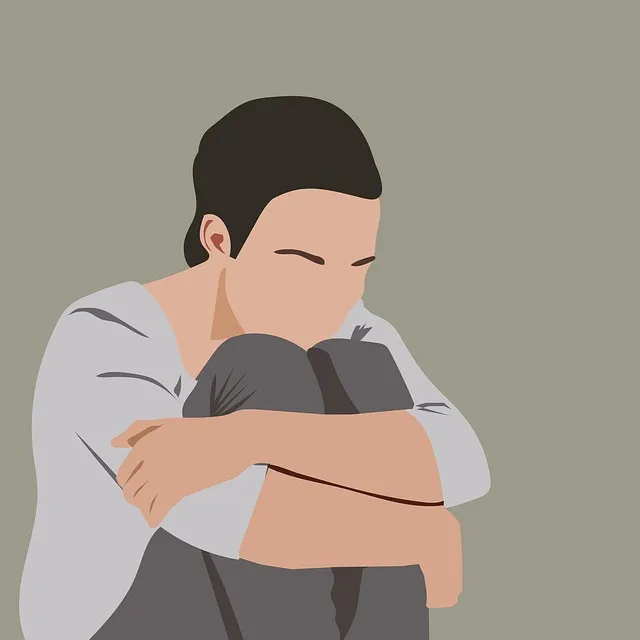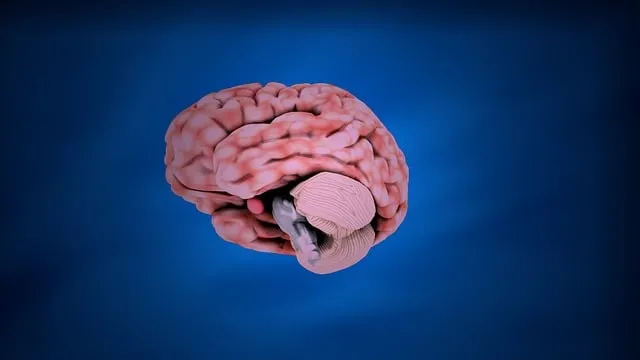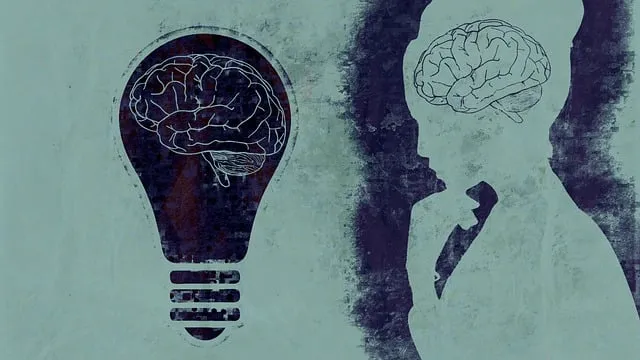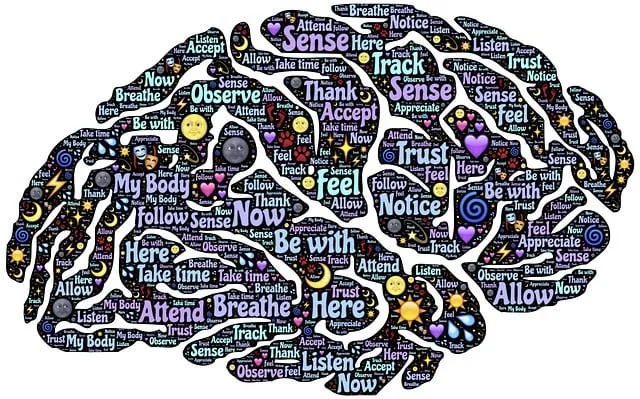Parker Kaiser Permanente's mental wellness group facilitation is a specialized, evidence-based approach using active listening and mutual support to improve mental health outcomes in community settings. Their holistic model prioritizes cultural competency training and empathy-focused strategies, creating safe spaces for open communication and building resilient communities. Facilitators guide discussions, incorporate self-care activities like mindfulness, and practice burnout prevention to promote meaningful conversations and lasting well-being.
“Uncovering the art of group facilitation is pivotal in enhancing mental wellness, and Parker Kaiser Permanente Behavioral Health Services stands as a beacon of hope. This article delves into the intricacies of effective group therapy sessions, inspired by the successful practices at Kaiser Permanente.
We’ll explore techniques to create supportive environments, fostering connections among peers facing similar challenges. By understanding the dynamics of mental wellness groups, facilitators can guide participants towards healing and growth. Discover how these strategies, modeled by Parker Kaiser Permanente, revolutionize care.”
- Understanding Mental Wellness Group Facilitation
- Parker Kaiser Permanente Behavioral Health Services: An Overview
- Effective Techniques for Facilitating Supportive Group Environments
Understanding Mental Wellness Group Facilitation

Mental wellness group facilitation is a specialized skill that involves guiding and supporting individuals through collective discussions and activities aimed at enhancing their mental health and overall well-being. It’s an art that combines active listening, effective communication, and a deep understanding of human behavior. Facilitators, akin to navigators, create a safe and inclusive environment where members can openly share their experiences, offer mutual support, and learn from one another. This approach is increasingly recognized as a powerful tool for improving mental health outcomes, particularly within community-based settings.
At Parker Kaiser Permanente behavioral health services, the focus on group facilitation techniques goes beyond individual therapy. Through Public Awareness Campaigns Development and Mental Health Awareness initiatives, facilitators employ conflict resolution techniques to foster positive interactions among group members. By encouraging active participation and promoting empathy, these sessions not only address specific mental health concerns but also contribute to building resilient communities where individuals feel heard, understood, and valued.
Parker Kaiser Permanente Behavioral Health Services: An Overview

Parker Kaiser Permanente Behavioral Health Services offers a comprehensive range of mental wellness programs designed to cater to diverse patient needs. The organization prioritizes evidence-based practices, integrating innovative techniques such as Mindfulness Meditation to support individuals in managing stress and improving overall well-being. Beyond therapy sessions, they invest significantly in Healthcare Provider Cultural Competency Training, ensuring staff are equipped to deliver sensitive, effective care across various cultural backgrounds.
Facilitating a supportive environment involves advanced Empathy Building Strategies, empowering facilitators to connect profoundly with group members. This approach fosters trust and encourages open communication, allowing individuals to explore and address their mental health challenges in a safe, non-judgmental setting. Parker Kaiser Permanente’s holistic commitment to behavioral health underscores its dedication to transforming lives through compassionate, culturally responsive care.
Effective Techniques for Facilitating Supportive Group Environments

Creating a safe and supportive group environment is key to facilitating meaningful conversations and fostering mental wellness. Techniques such as active listening, open-ended questions, and promoting peer-to-peer support ensure every member feels valued and heard. Facilitators at Parker Kaiser Permanente behavioral health services emphasize the importance of non-judgmental attitudes, creating a space where individuals can openly discuss their challenges and successes without fear of criticism.
Incorporating activities that encourage self-care routine development for better mental health is another effective strategy. This could include mindfulness exercises, stress management techniques, or sharing personal self-care practices. Encouraging participants to engage in these activities regularly, even outside group sessions, can help prevent burnout and promote sustainable well-being. Additionally, facilitators should be mindful of their own self-care practices, as healthcare providers—like those at Parker Kaiser Permanente—are more effective when they incorporate burnout prevention strategies into their lives.
Mental wellness group facilitation plays a pivotal role in creating supportive environments, as demonstrated by Parker Kaiser Permanente Behavioral Health Services. By employing effective techniques discussed in this article, facilitators can foster meaningful connections and enhance participants’ mental well-being. Embracing these strategies ensures that groups become powerful resources for support, education, and personal growth, ultimately improving overall community mental health.






